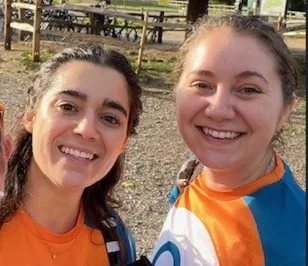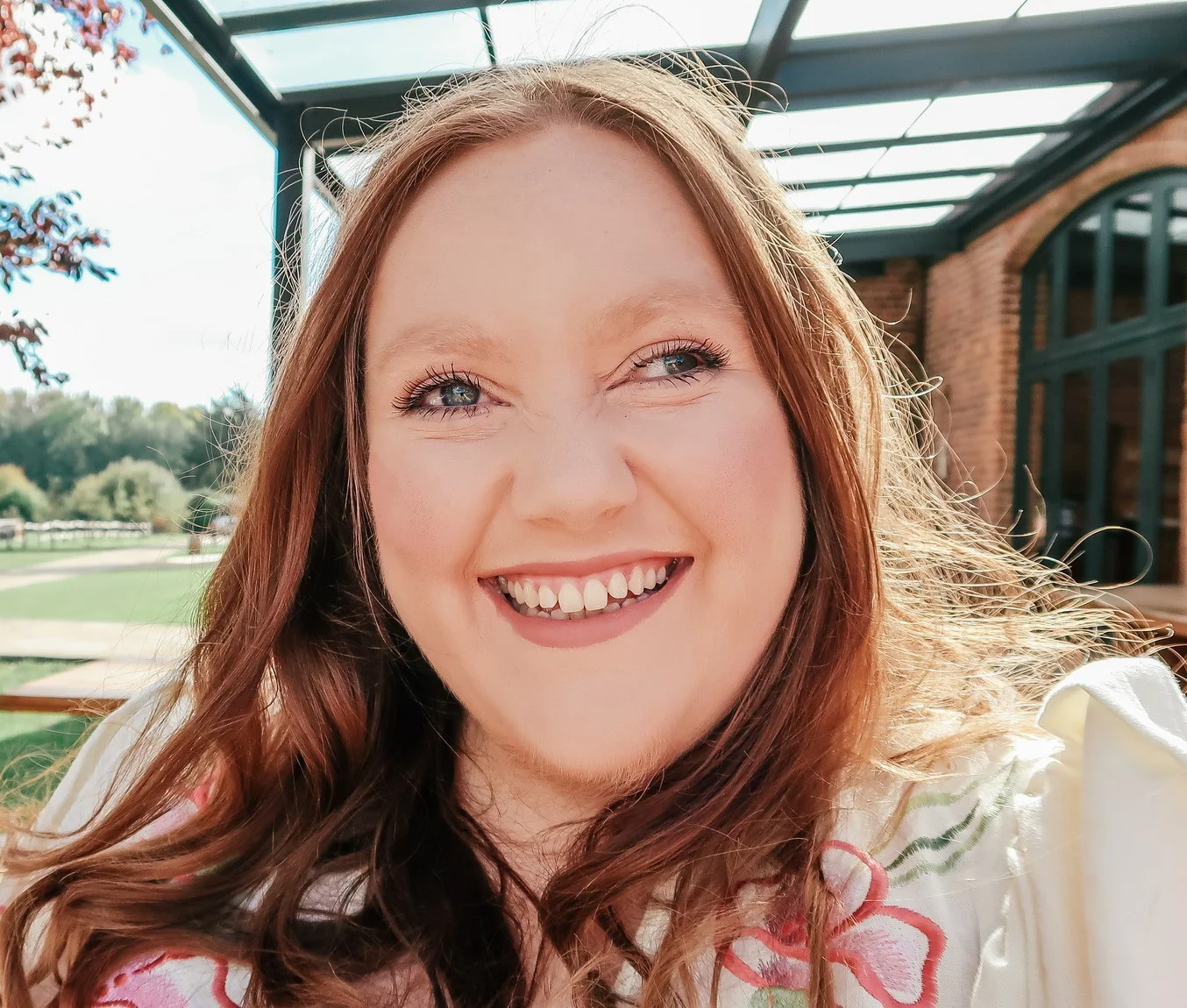Putting parents at the heart of research
Parents and carers have an invaluable contribution to make when it comes to research into young people's mental health. The parent Carer Research Network is empowering them to do just that.
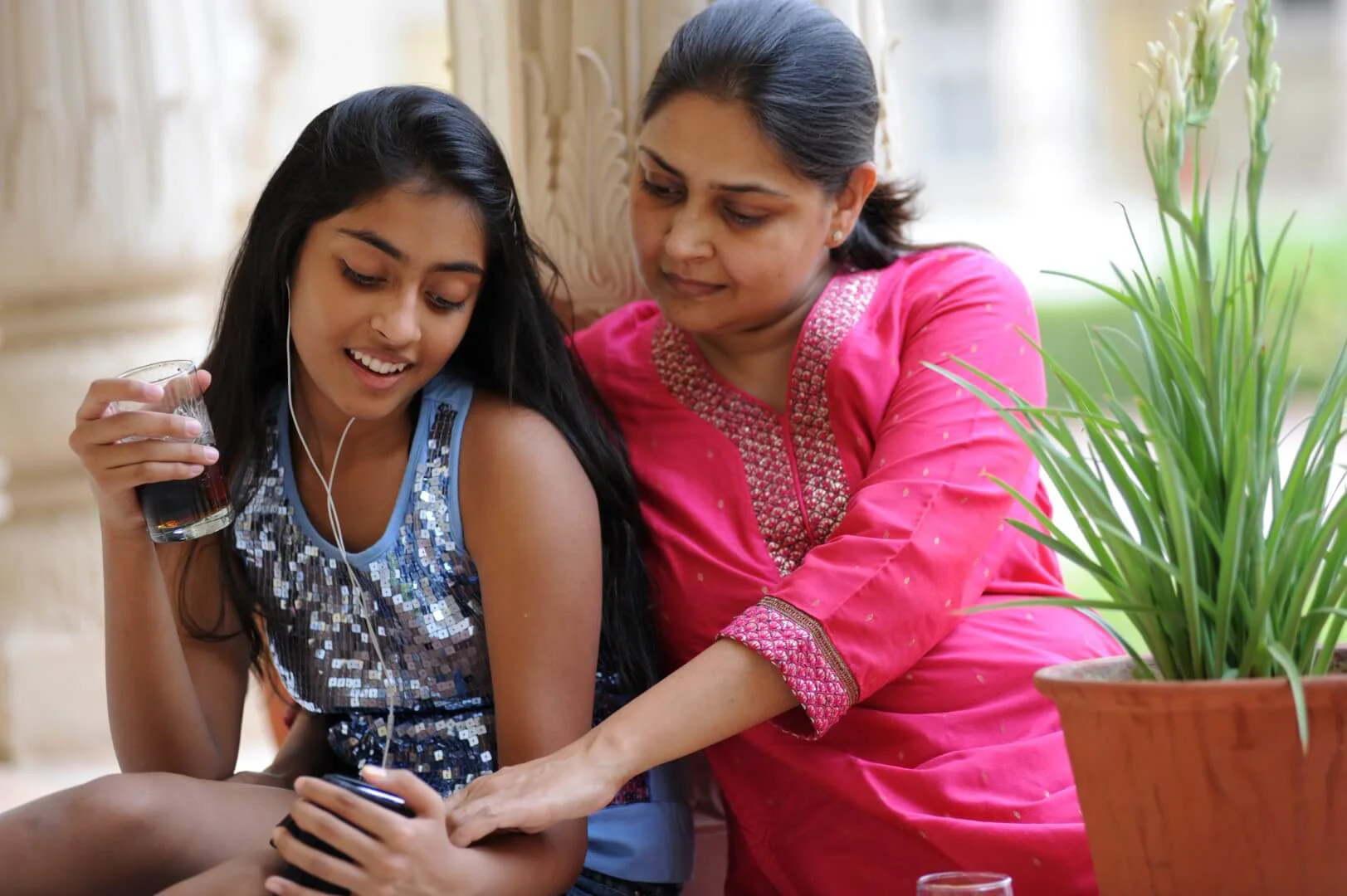
Working in partnership
It's only relatively recently that children's mental health reserachers have involved parents and carers in the same way as they were involving children and young people as valued lived experience voices.
And bringing parents and researchers together hasn't always been easy or led to positive outcomes. The Parent Carer Research Network, set up this year in partnership between the Trust and Oxford University's Mental Health in Development (MHID) team, aims to change that.
The voice of parents and carers
The parent carer voice has always been central to the Trust's activities, including through our parent carer peer support training, and the PLACE network, which connects individuals and organisations providing parent carer peer support.
The team at MHID, led by Professor Cathy Creswell and Emily Lloyd, have also aimed to champion the voice of parents and carers in mental health research through previous projects, such as the Emerging Minds Research Network.
It was through this network that Cathy and Emily worked more closely with Nikki Chapman, who has championed the power of parental involvement for many years, and is now the Trust's Parent/Carer Live Experience Lead. When the Emerging Minds network ended, Nikki, Cathy and Emily were determined to continue finding ways to make research more inclusive, accessible and relevant to parents and carers. A formal partnership was established between the Trust and MHID to achieve this vision.
Research led by experience
Discussions began around a new network that could support researchers and parents and carers to work together. The team involved members of the PLACE network at an early stage of its development to help establish its ethos and direction.
Nikki says: "We sense-checked it with them and asked for their good and bad experiences of being involved in research.
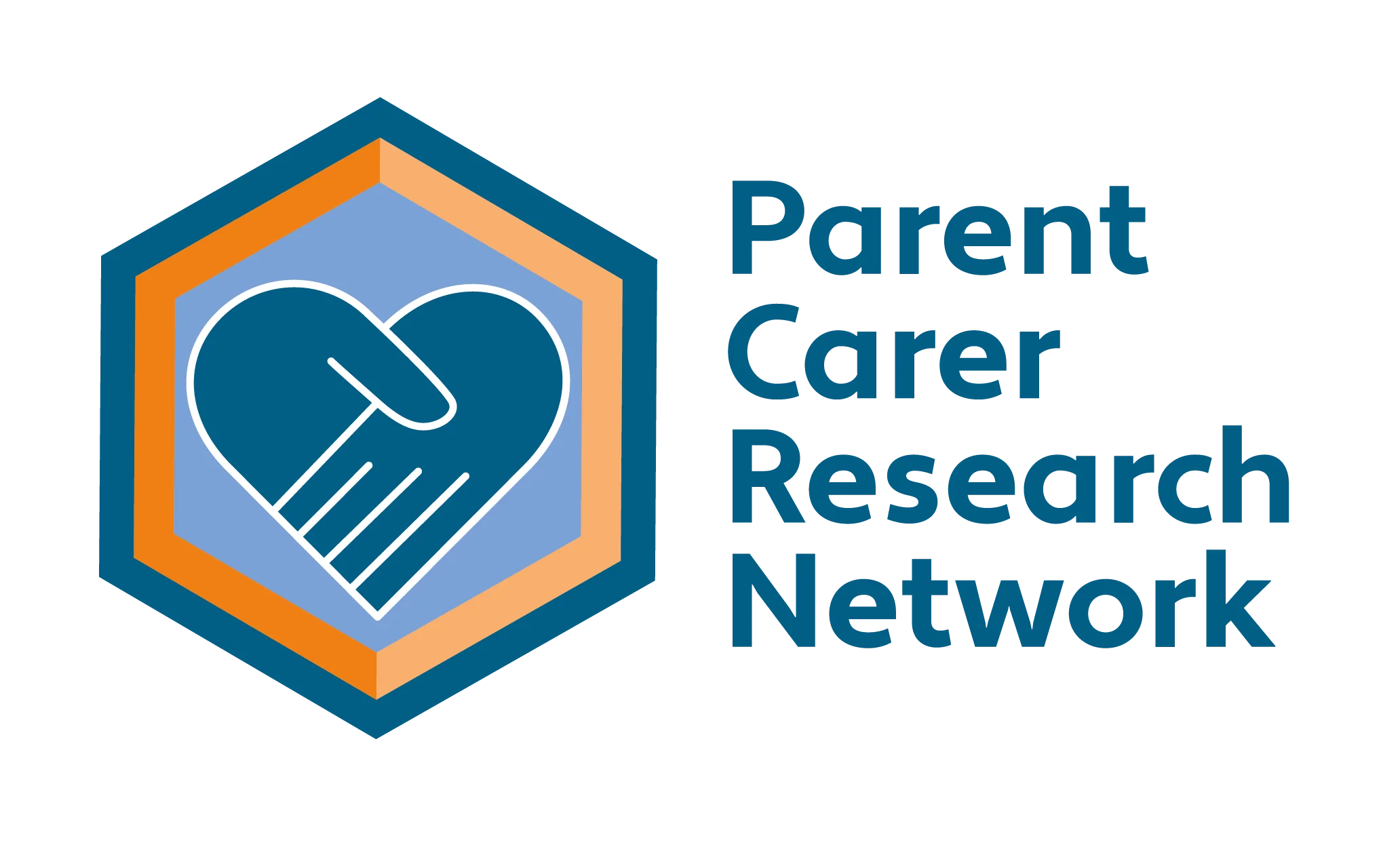
"One thing that came out was the need for a steering group to guide the new network, so we set up an application process to recruit seven parents and carers with lived experience.
"Their experiences and advice have guided everything we've done since."
Group members are passionate about the power of research led by experience. One said: "My personal experiences have inspired me to use my voice to make a difference. I want to see research that is relevant and empathetic and that listens to the views of parents, carers and young people."
Best practice guide
The steering group has created a best practice guide for researchers. It gives advice on what to think about before involving parents and carers in their research project. This includes considering how researchers can help keep parents and carers safe mentally and emotionally, and helps researchers understand what it can feel like to share such personal experiences.
When researchers send in their project requests for the network to advertise, they include details of any payment involved, the time commitment and what parents and carers can expect during and after taking part. Projects may be accepted at this stage, or the network may ask for further information. Some projects are declined after consideration, on the basis that they are not currently suitable for sharing across the network as they do not meet the ethos or standards established in the best practice guide.
Varied opportunities
There are now over 100 parents and carers in the Parent Carer Research Network, which is facilitated by Nikki and by Shanta Raj and Heather Dyer from MHID, who have played central roles in establishing it. Network members receive regular newsletters detailing research opportunities.
Current projects
Current projects include 'Parenting after divorce or separation', seeking parents with children and four to eight to take part in an online interview.
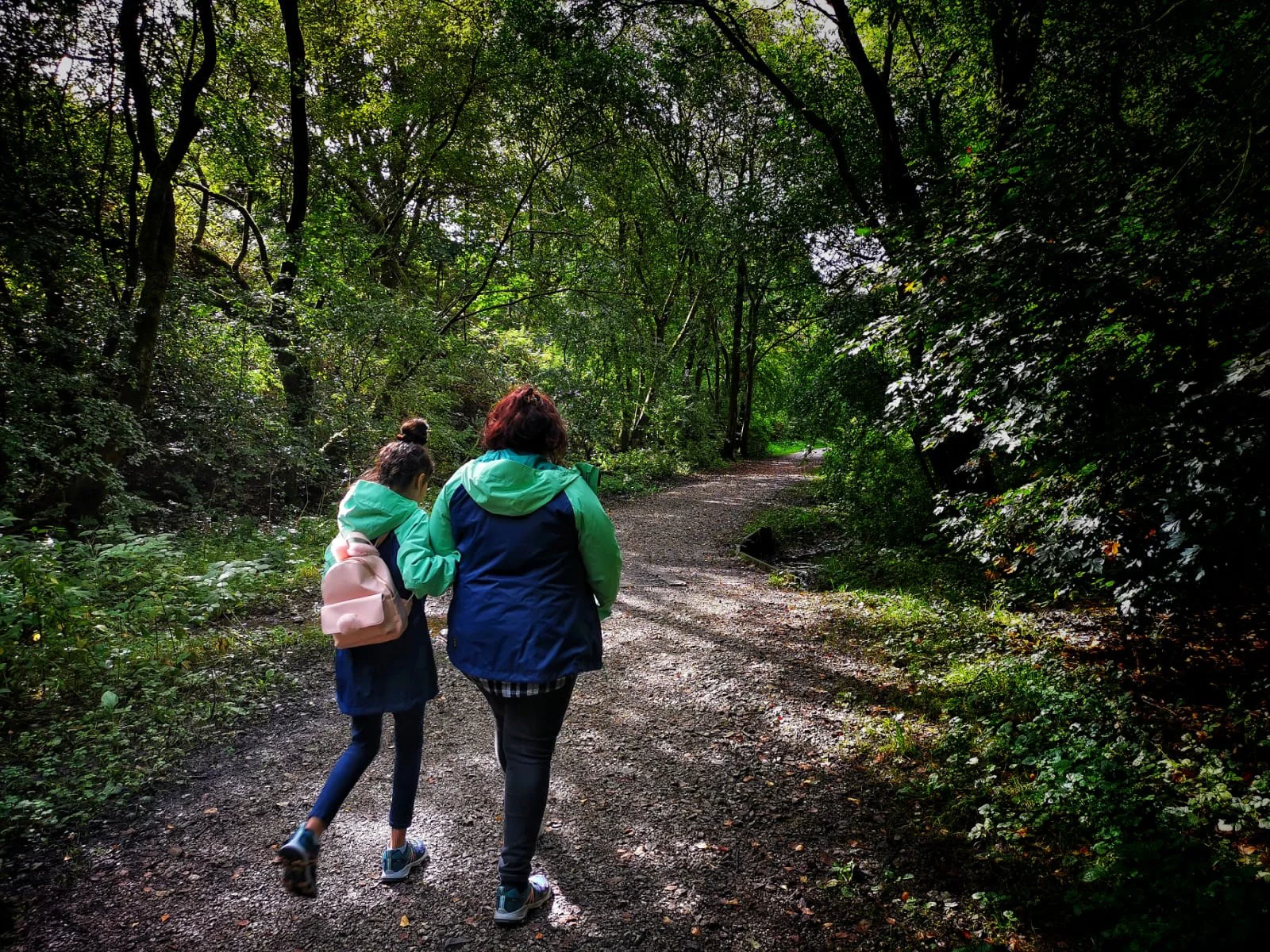
Another project, 'Experiences of waiting for mental health services from the perspective of parents or caregivers of young people who self-harm', aims to explore parents' experiences of being on a waiting list - for example, what support was made available, what support was used, and what support would have been helpful.
The network is growing all the time, and the team and steering group are looking forward to creating more resources to support researchers to better include parents and carers in their research, and to equip parents and carers to get involved in a more meaningful and confident way.
Parents and carers to not need to have lived experience of caring for a child with mental health difficulties to be in the network.
To fine out more, and join the network, please visit parentcarerresearchnetwork.org.uk
The Parent Carer Research Network is facilitated by the Charlie Waller Trust in partnership with the Universities of Oxford and Birmingham, and funded by the NIHR Oxford Health Biomedical Research Centre and the Charlie Waller Trust.
